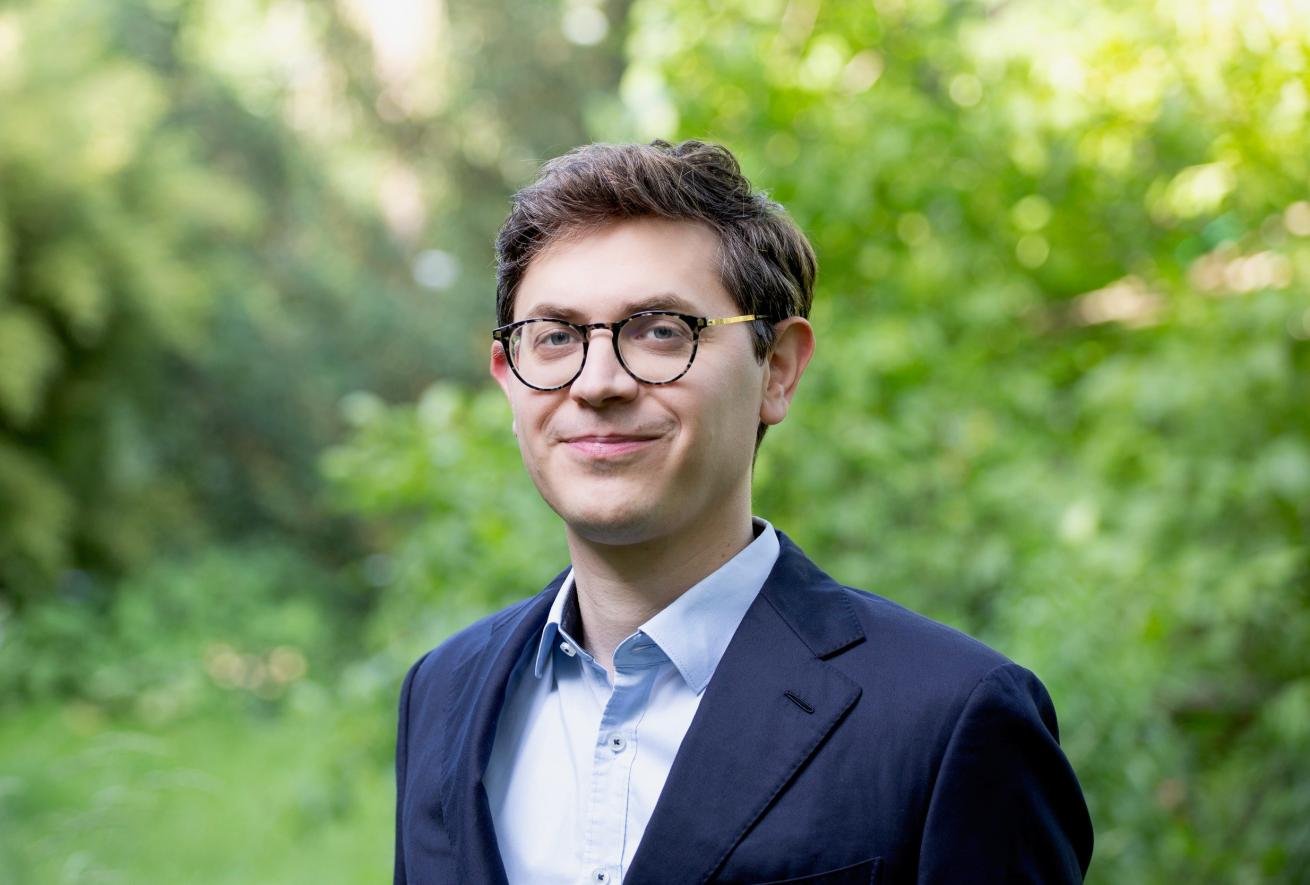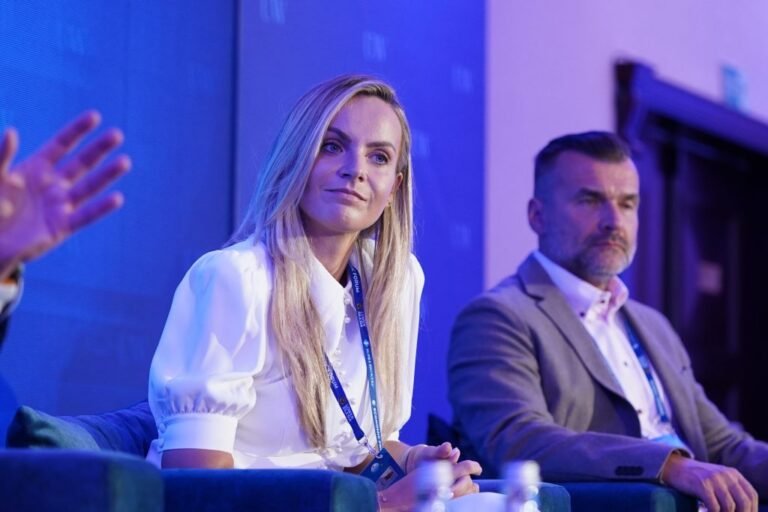
Julian Kirchherr, a lecturer and researcher in sustainability and circular economy at Roskilde University, exemplifies the role of a “pracademic” – a professional who bridges the gap between academic research and practical application. While his early ambition was to pursue a traditional academic path, Kirchherr realized that research alone might have limited real-world impact.
To expand his influence, he integrated consultancy work with his academic career. After initially working at McKinsey in Berlin, he negotiated a hybrid role at Utrecht University, maintaining 10 percent of his time for academic research while consulting. This model continues at Roskilde University, where Kirchherr balances his consultancy role with McKinsey alongside his university responsibilities.
Kirchherr emphasizes the synergy between his dual roles. Insights from research inform practical consultancy projects, and real-world consulting experience generates data and questions for academic study. For example, his work in McKinsey on skills mapping inspired a research article on competencies required for the circular economy, which later guided companies in designing job postings and training programs.
Balancing two careers requires compromises, such as adjusting academic deadlines, but Kirchherr highlights the importance of communication and flexibility. He advocates for universities to support hybrid career models, allowing academics to engage in external professional work while continuing research.
Though demanding, Kirchherr finds the model energizing, noting that it enables him to maximize impact both in the academic sphere and in practice. His experience demonstrates that a combined approach can enrich research and deliver tangible benefits to society and industry.
Source: Roskilde University




